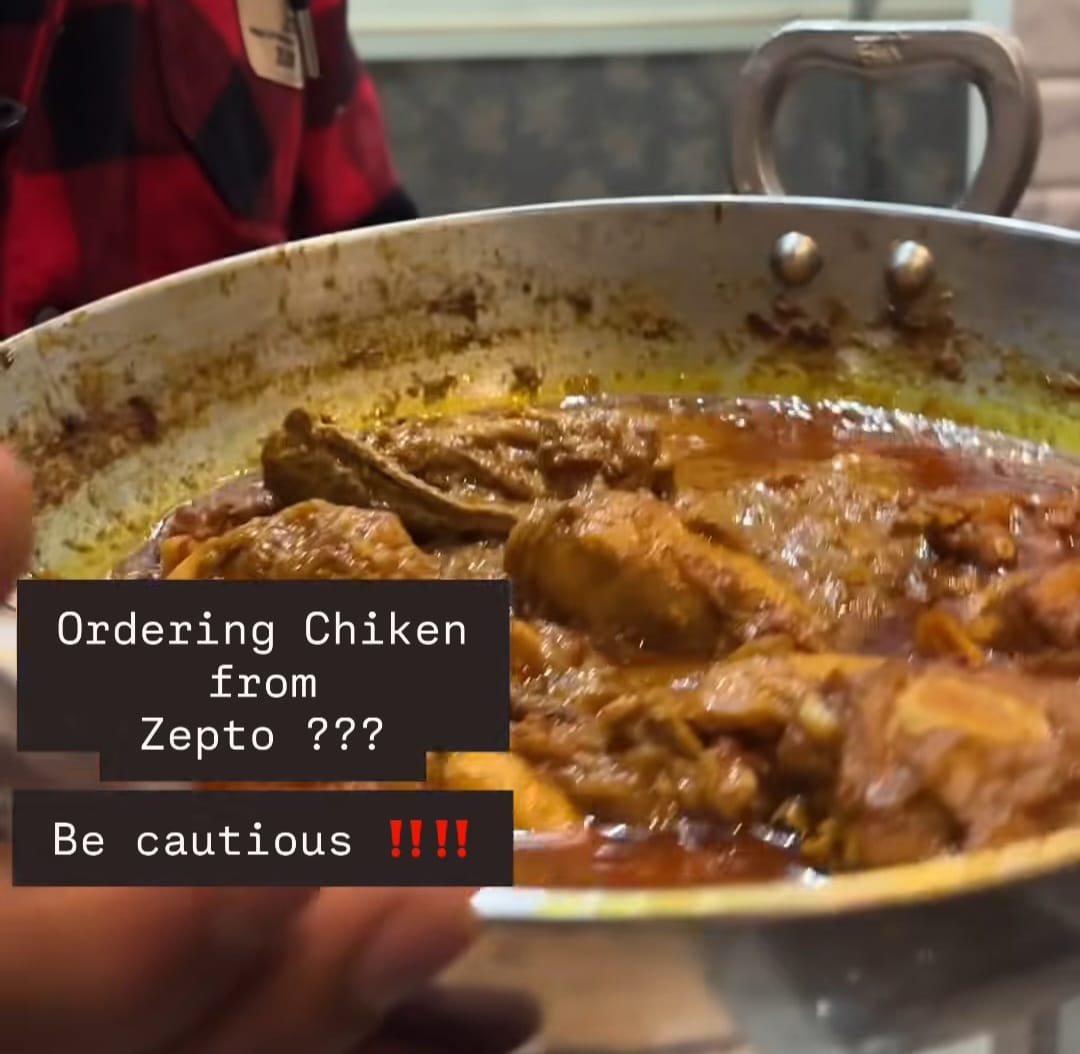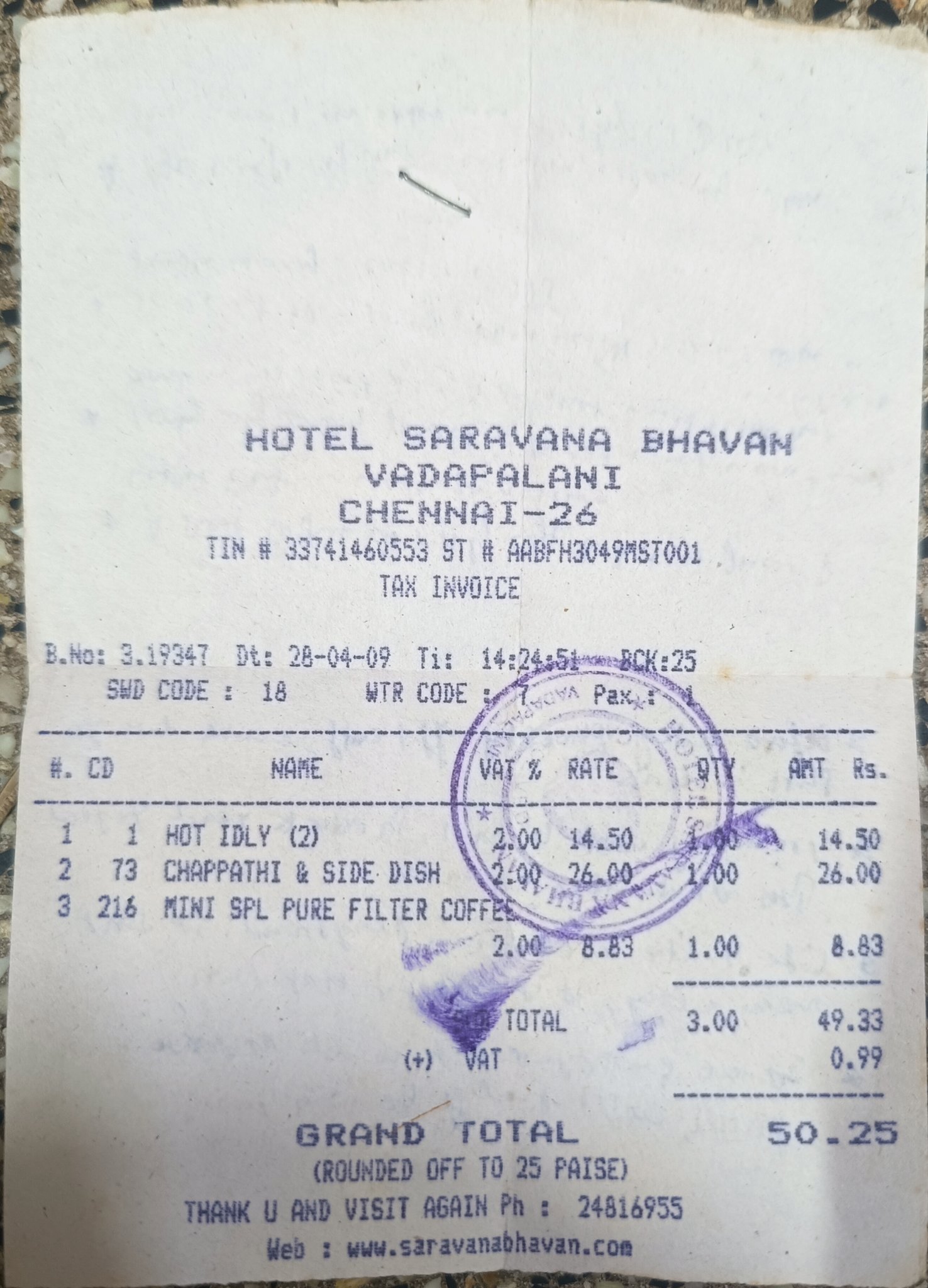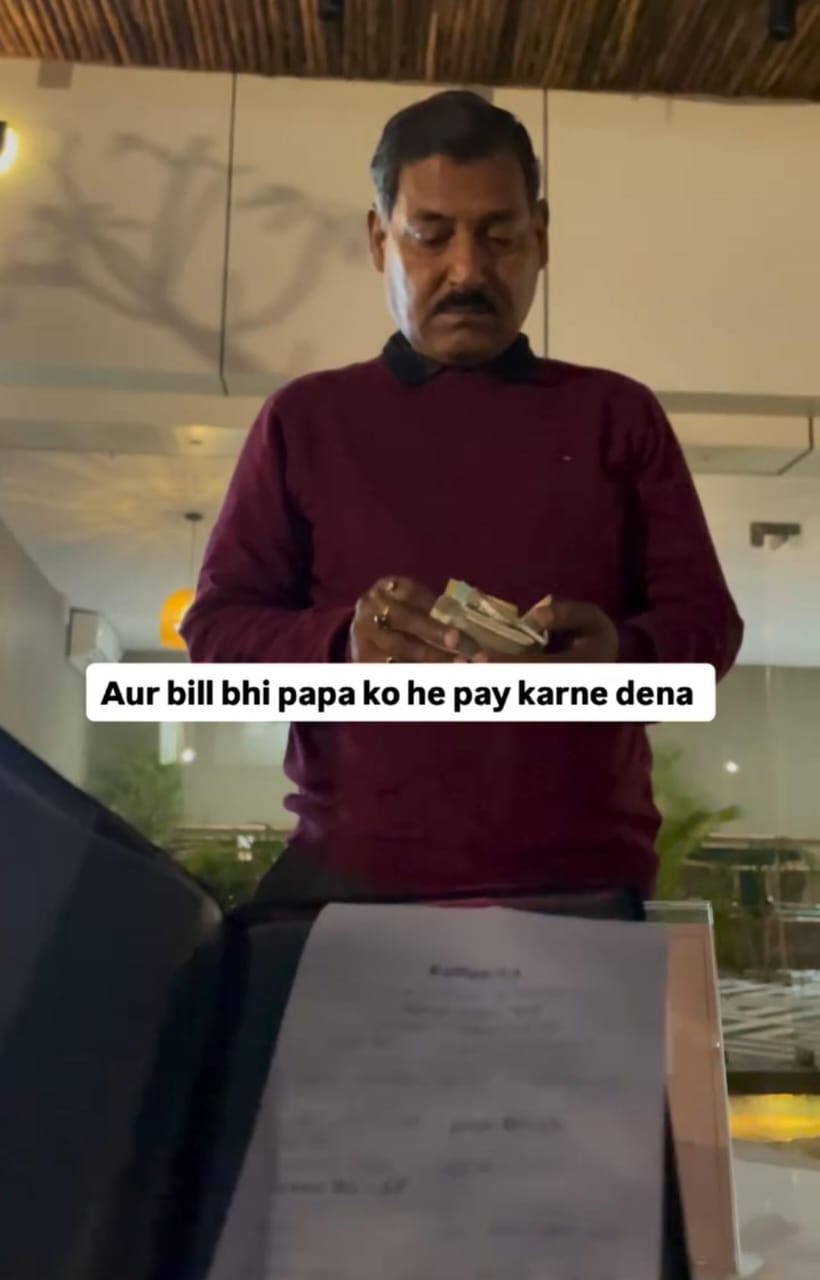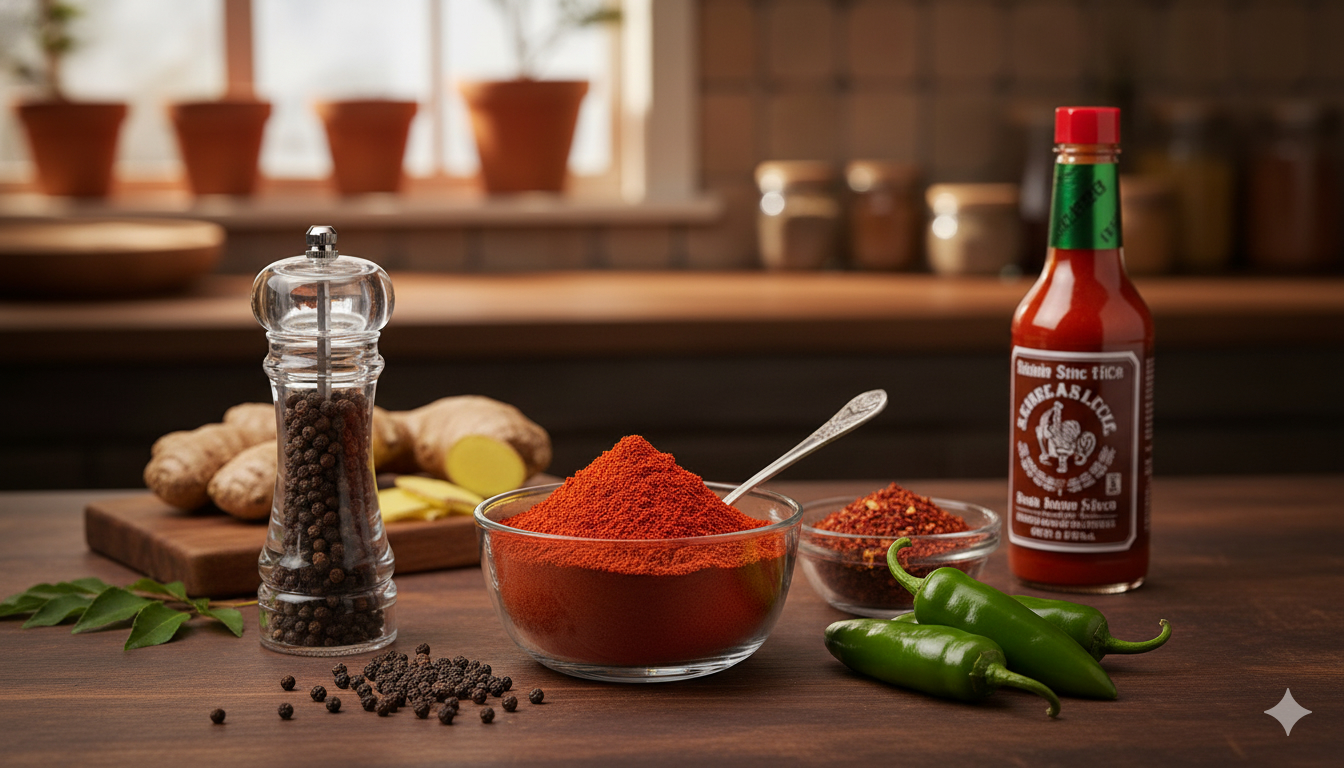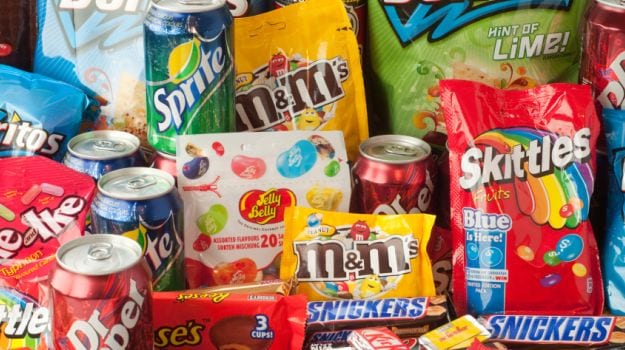The current issue of Bloomberg Businessweek has a cover story on Nestle's big effort to transform itself from a maker of often-junky foods to a "nutrition, health, and wellness company." Early on, a reader encounters this passage about the neurobiologist hired six years ago to lead the scientific side of that effort:"Ed Baetge doesn't touch any of Nestle's candy himself, except for a bit of dark chocolate from the high-end Cailler line, and even that only on the weekends."This isn't the first time Businessweek has asked an executive of a food or drink company whether he actually consumes its products. Here's the president of Coca-Cola North America, in 2014: Sandy Douglas drinks one Coca-Cola every day. He likes it early, before noon, sometimes accompanied by a cup of coffee. 'You get an espresso, you get your caffeine and have this for lunch, and you're ahead,' he says between sips from Coke's old-fashioned 8-ounce glass bottle. When it's over, he doesn't allow himself a second. 'I will probably have a Coke Zero in the afternoon at some point,' he concedes, but not another regular one because it has too many calories. 'That's approximately my daily regimen.'
And the chief executive of Kellogg, in 2015: John Bryant is a voracious cereal eater. Most mornings, he has a bowl of Kellogg's All-Bran Buds, a spinoff of the company's 99-year-old All-Bran, originally marketed as a 'natural laxative.' At night he's likely to snack on Honey Smacks, which is 56 percent sugar by weight. Sometimes he'll mix it with more nutritious Frosted Mini-Wheats. Bryant also feeds the stuff to his six children. 'I can assure you that we go through an enormous amount of cereal,' he says.Years ago, the phrase "eating your own dog food" - often shortened to just "dogfooding" - became popular in the software industry. The idea was that if your employees actually used the software they built, this would both demonstrate to your customers that the stuff worked and quickly reveal to employees if it didn't.Nowadays, food, beverage and fast-food companies are under increasing pressure from critics who say their heavily processed, carbohydrate-filled, sugar- or salt-laden products are a public-health disaster. It's a potentially existential threat for some of these corporations, and it's been fascinating to watch as they craft their survival strategies.It has also been fascinating to watch their executives handle the question of which, if any, of their products they actually eat. My colleagues at Bloomberg Businessweek have been the most admirably consistent about grilling food executives on their eating habits, but they aren't the only ones wondering if these folks are eating their own food, if not necessarily dog food. I've been collecting these responses from food-industry bosses and they are, in their own way, quite illuminating.The most eager and demonstrative consumer of his own companies' foodstuffs may well be Warren Buffett, whose Berkshire Hathaway has long owned a big stake in Coca-Cola and more recently bought into Heinz and then Kraft Foods alongside private equity firm 3G Capital. As Buffett told Fortune last year, he drinks at least five 12-ounce servings of Coca-Cola a day (regular Coke at work, Cherry Coke at home):'I'll have one at breakfast,' he explains, noting that he loves to drink Coke with potato sticks. What brand of potato sticks? 'I have a can right here,' he says. 'U-T-Z' Utz is a Hanover, Pennsylvania-based snack maker. Buffett says that he's talked to Utz management about potentially buying the company.Buffett also frequents Dairy Queen, which Berkshire owns, and generally eats lots and lots of hamburgers, presumably with Heinz ketchup and Kraft cheese on them when practical.Berkshire's Coca-Cola stake came in for some criticism at last month's annual meeting as a shareholder cited evidence that soft drinks cause 184,000 death a year. Buffett's response was less than convincing, but the guy clearly gets credit for eating his own dog food, in large quantities.Buffett is 85 years old, though, and seemingly beyond caring where his dietary habits may take him. Younger corporate executives tend to be far more focused on fitness and health. For every Honey-Smacks-devouring John Bryant, I would guess there are several food-industry executives who'd really rather be eating kale and/or training for a triathlon. So these questions can get a little awkward.PepsiCo's Indra Nooyi, for example, told the Wall Street Journal in 2011 that she drinks full-strength, high-fructose-corn-syrup-sweetened Pepsi - but in the process let slip that none of her fellow top executives does: 'I'm the only person who drinks blue-can Pepsi on this floor,' she said of regular Pepsi-Cola, gesturing to the company's executive offices. 'I drink blue-can Pepsi exclusively.'General Mills CEO Ken Powell took a different tack in a 2011 interview with the Boston Globe, naming a company product that - unlike lots of other things General Mills makes - is on balance probably good for him: 'I'm a 56-year-old guy with cholesterol a little higher than it should be, among other things, so I do eat a bowl of Cheerios every day.'McDonald's CEO Steve Easterbrook reportedly told a British newspaper back in 2006, when he was running McDonald's UK, that he ate a McDonald's meal every day. But in perhaps a more telling expression of personal preference, his predecessor as CEO, Don Thompson, who was pushed out early in 2015, subsequently joined the board of directors of a vegan-food startup called Beyond Meat.Bernardo Hees, the 3G partner who ran Burger King and now heads KraftHeinz, told University of Chicago students in 2011 (when he was still at BK) that the Whopper was his favorite item on the chain's menu. "I'm a traditional guy," he said. At the same event he also remarked that "the food is terrible and the women are not very attractive" in England, where he went to business school, which got him into international hot water and seems to have convinced him never again to say anything interesting in public about food or anything else.At privately held candy giant Mars Inc., President Paul S. Michaels did not reveal in a rare interview with Fortune in 2013 whether he ate M&Ms, but he did give the impression that they are consumed at his house:'He talks proudly of his own 10-year-old daughter, who isn't supposed to bring home non-Mars goodies on Halloween; but she outsmarts him, successfully arguing she's 'just doing testing.'
Fortune also reported that there are vending machines at Mars that dispense free candy for employees and that, 'Chewing gum at meetings is encouraged (as long as it's Wrigley's).'Interestingly, Mars has also lobbied for stricter labeling of the sugar content of foods, and dietary recommendations to limit sugar. 'We know candy itself is not a diet,' a company executive told the Wall Street Journal last year. 'It shouldn't be consumed too often.'The Mars approach, then, is apparently to eat the dog food, in moderation, while encouraging others to eat it in moderation as well. As long as you're not talking about actual dog food, that is. Mars makes lots of it, with brands such as Pedigree, Iams and Royal Canin. The Mars pet business is descended in large part from Kal Kan, a dog food company based in Southern California. I mention this because many accounts of the term "eating your own dog food" claim that it was inspired by a Kal Kan president who ate its products in front of shareholders at annual meetings.If there really was a Kal Kan president who did that, it would had to have been Clement Hirsch, who founded the company in 1936 and ran it until selling it to Mars in 1968. Hirsch was a colorful fellow with lots of Hollywood friends who went on to found a chili company that's now owned by Hormel. I have been able to find no accounts of him eating his own dog food, but I did come across this in Hedda Hopper's gossip column from November 1962:'The next Mrs. Desi Arnaz was married to the dog food king, Clement Hirsch, who is now taking Mamie Van Doren out. Arnaz met the Hirsches at the race track where they watched their own horses run, which led somebody to crack that Hirsch has a good business going for him - when his horses get too old to race, he can make dog food out of them. And a pal of mine, a dog fancier, swears she saw her vet heat up a can of the stuff and eat it himself.'At least someone ate the dog food
(c)2016, The Washington Post
And the chief executive of Kellogg, in 2015: John Bryant is a voracious cereal eater. Most mornings, he has a bowl of Kellogg's All-Bran Buds, a spinoff of the company's 99-year-old All-Bran, originally marketed as a 'natural laxative.' At night he's likely to snack on Honey Smacks, which is 56 percent sugar by weight. Sometimes he'll mix it with more nutritious Frosted Mini-Wheats. Bryant also feeds the stuff to his six children. 'I can assure you that we go through an enormous amount of cereal,' he says.Years ago, the phrase "eating your own dog food" - often shortened to just "dogfooding" - became popular in the software industry. The idea was that if your employees actually used the software they built, this would both demonstrate to your customers that the stuff worked and quickly reveal to employees if it didn't.Nowadays, food, beverage and fast-food companies are under increasing pressure from critics who say their heavily processed, carbohydrate-filled, sugar- or salt-laden products are a public-health disaster. It's a potentially existential threat for some of these corporations, and it's been fascinating to watch as they craft their survival strategies.It has also been fascinating to watch their executives handle the question of which, if any, of their products they actually eat. My colleagues at Bloomberg Businessweek have been the most admirably consistent about grilling food executives on their eating habits, but they aren't the only ones wondering if these folks are eating their own food, if not necessarily dog food. I've been collecting these responses from food-industry bosses and they are, in their own way, quite illuminating.The most eager and demonstrative consumer of his own companies' foodstuffs may well be Warren Buffett, whose Berkshire Hathaway has long owned a big stake in Coca-Cola and more recently bought into Heinz and then Kraft Foods alongside private equity firm 3G Capital. As Buffett told Fortune last year, he drinks at least five 12-ounce servings of Coca-Cola a day (regular Coke at work, Cherry Coke at home):'I'll have one at breakfast,' he explains, noting that he loves to drink Coke with potato sticks. What brand of potato sticks? 'I have a can right here,' he says. 'U-T-Z' Utz is a Hanover, Pennsylvania-based snack maker. Buffett says that he's talked to Utz management about potentially buying the company.Buffett also frequents Dairy Queen, which Berkshire owns, and generally eats lots and lots of hamburgers, presumably with Heinz ketchup and Kraft cheese on them when practical.Berkshire's Coca-Cola stake came in for some criticism at last month's annual meeting as a shareholder cited evidence that soft drinks cause 184,000 death a year. Buffett's response was less than convincing, but the guy clearly gets credit for eating his own dog food, in large quantities.Buffett is 85 years old, though, and seemingly beyond caring where his dietary habits may take him. Younger corporate executives tend to be far more focused on fitness and health. For every Honey-Smacks-devouring John Bryant, I would guess there are several food-industry executives who'd really rather be eating kale and/or training for a triathlon. So these questions can get a little awkward.PepsiCo's Indra Nooyi, for example, told the Wall Street Journal in 2011 that she drinks full-strength, high-fructose-corn-syrup-sweetened Pepsi - but in the process let slip that none of her fellow top executives does: 'I'm the only person who drinks blue-can Pepsi on this floor,' she said of regular Pepsi-Cola, gesturing to the company's executive offices. 'I drink blue-can Pepsi exclusively.'General Mills CEO Ken Powell took a different tack in a 2011 interview with the Boston Globe, naming a company product that - unlike lots of other things General Mills makes - is on balance probably good for him: 'I'm a 56-year-old guy with cholesterol a little higher than it should be, among other things, so I do eat a bowl of Cheerios every day.'McDonald's CEO Steve Easterbrook reportedly told a British newspaper back in 2006, when he was running McDonald's UK, that he ate a McDonald's meal every day. But in perhaps a more telling expression of personal preference, his predecessor as CEO, Don Thompson, who was pushed out early in 2015, subsequently joined the board of directors of a vegan-food startup called Beyond Meat.Bernardo Hees, the 3G partner who ran Burger King and now heads KraftHeinz, told University of Chicago students in 2011 (when he was still at BK) that the Whopper was his favorite item on the chain's menu. "I'm a traditional guy," he said. At the same event he also remarked that "the food is terrible and the women are not very attractive" in England, where he went to business school, which got him into international hot water and seems to have convinced him never again to say anything interesting in public about food or anything else.At privately held candy giant Mars Inc., President Paul S. Michaels did not reveal in a rare interview with Fortune in 2013 whether he ate M&Ms, but he did give the impression that they are consumed at his house:'He talks proudly of his own 10-year-old daughter, who isn't supposed to bring home non-Mars goodies on Halloween; but she outsmarts him, successfully arguing she's 'just doing testing.'
Fortune also reported that there are vending machines at Mars that dispense free candy for employees and that, 'Chewing gum at meetings is encouraged (as long as it's Wrigley's).'Interestingly, Mars has also lobbied for stricter labeling of the sugar content of foods, and dietary recommendations to limit sugar. 'We know candy itself is not a diet,' a company executive told the Wall Street Journal last year. 'It shouldn't be consumed too often.'The Mars approach, then, is apparently to eat the dog food, in moderation, while encouraging others to eat it in moderation as well. As long as you're not talking about actual dog food, that is. Mars makes lots of it, with brands such as Pedigree, Iams and Royal Canin. The Mars pet business is descended in large part from Kal Kan, a dog food company based in Southern California. I mention this because many accounts of the term "eating your own dog food" claim that it was inspired by a Kal Kan president who ate its products in front of shareholders at annual meetings.If there really was a Kal Kan president who did that, it would had to have been Clement Hirsch, who founded the company in 1936 and ran it until selling it to Mars in 1968. Hirsch was a colorful fellow with lots of Hollywood friends who went on to found a chili company that's now owned by Hormel. I have been able to find no accounts of him eating his own dog food, but I did come across this in Hedda Hopper's gossip column from November 1962:'The next Mrs. Desi Arnaz was married to the dog food king, Clement Hirsch, who is now taking Mamie Van Doren out. Arnaz met the Hirsches at the race track where they watched their own horses run, which led somebody to crack that Hirsch has a good business going for him - when his horses get too old to race, he can make dog food out of them. And a pal of mine, a dog fancier, swears she saw her vet heat up a can of the stuff and eat it himself.'At least someone ate the dog food
(c)2016, The Washington Post
Advertisement
